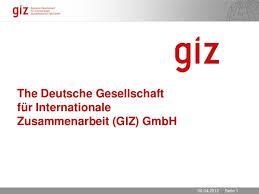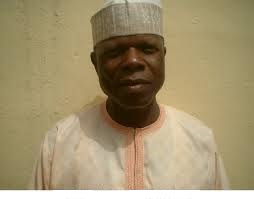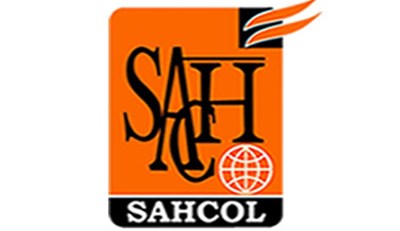German Consultant To Help on Customs CET Implementation

A German Development firm, GIZ has been employed by the Nigeria Customs Service (NCS) to help in the smooth implementation of the ECOWAS Common External Tariff (CET).
It could be recalled that President Goodluck Jonathan approved the implementation of the CET in Nigeria 2015-2019 and 2015 Fiscal Policy Measures, last month
.
The implementation of the ECOWAS CET (2015-2019) together with its Supplementary Protection Measures (SPM) and 2015 Fiscal Policy Measures concurrently took effect from 11th April 2015 after the expiration of the 30 days notice required under the provisions of the ECOWAS CET.
Speaking at a two day seminar tagged ‘Common External Tariff: Implementation, Challenges and Prospect’ organised by the Nigerian Customs Service (NCS) in Abuja, the International Advisor, Trade Facilitation of GIZ, Mr. Frieder Mecklenburg said his firm was in Nigeria to train officers and men of the NCS on how to implement the tariff.
According to him, “On behalf of the German Development Agency, we are here to support and train officers of the NCS so that they can make effective use of the Economic Community of West African States (ECOWAS) CET trade tariff.
“Germany as a country is benefiting largely from overseas trade, import and export. Nigeria on the other hand is the most powerful market in the West African sub-region. Just as Germany has done in the European Union, we are here to help Nigeria implement the CET in the West African sub-region.
Mecklenburg said the full implementation of the CET would make cheaper goods available to Nigerians.
“This tariff implementation will enhance effective management of imports and exports, especially the CET. The CET will not only help the consumer to access cheaper goods from the ports but, it will also assist the local manufacturing industries who will have an efficient and cheap economic imports of raw materials for their local production.
“This is why the implementation of the CET is very important for the Nigerian economy. We are here to assist, especially, the Nigerian Customs in the area of training. The training is being done in two ways; firstly we are running trainings on Customs officers, in fact that is currently ongoing.
“After they have been trained, they in turn re-train their colleagues and disseminate the information they have learned to their colleagues. This will help at the border points for effective CET implementation.
“On the other hand, we discussed and sensitize on new requirements and new procedure involved in the CET tariff implementation. We do run trainings in Nigeria and train officers of the NCS on CET implementation.
“On the other hand, we also intend to support Nigerian on the sensitization of Nigerians on the CET implementation. We have events lined up for that. The sensitization programmes will hold in Lagos, Port Harcourt and Kano, although the dates are yet to be fixed.”
Speaking earlier, the Deputy Public Relations Officer of the Nigerian Customs Service, Joseph Attah said the service could only get his revenue collection drive right if its stakeholders are enlightened.
“Our core duty is revenue generation and how we get that done is through tarrif.”








